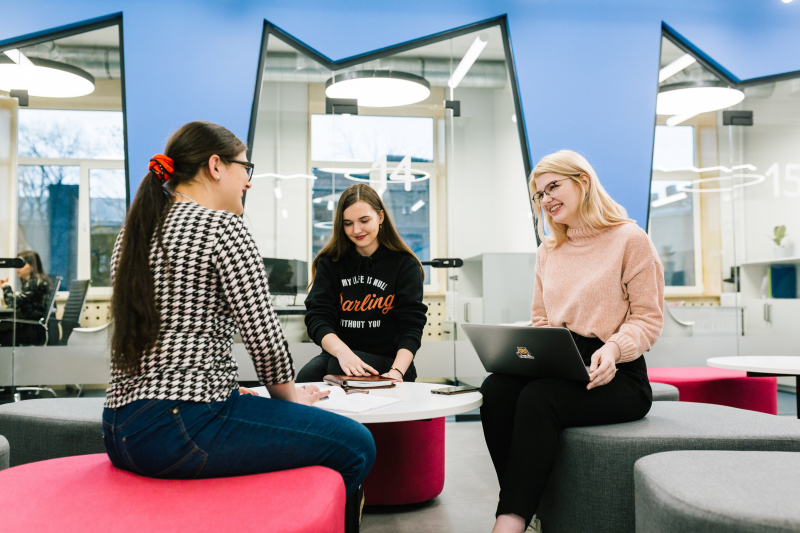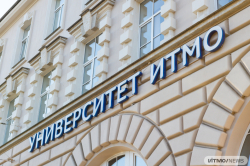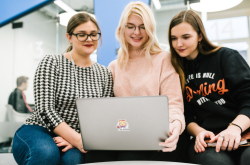The Three University Missions Moscow International University Ranking (MosIUR) was launched in 2017 and the number of evaluated universities included has been increasing every year. In 2022, a total of over 2,000 universities were assessed with 1,800 institutions from 103 countries shortlisted, including 34 new participants from Russia (making the total number of 146 Russian universities). Last year, the ranking included 1,650 universities and in 2020 – 1,500.
Since 2019, ITMO University has occupied the Russian top 10 together with Lomonosov Moscow State University, St. Petersburg State University, the Higher School of Economics, Moscow Institute of Physics and Technology, National Research Nuclear University, and Novosibirsk State University. This year, ITMO was placed 9th, while climbing from the 270th to the 252nd position in the global ranking.
The top six ranking leaders remain unchanged: Harvard University, Massachusetts Institute of Technology, Cambridge University, Oxford University, and University College London. You can view the full MosIUR ranking here.
As for specific regions, the top performers are:
- ETH Zurich (11th globally) – continental Europe;
- The University of Tokyo (12th) and Peking University (14th) – Asia;
- Lomonosov Moscow State University (18th) – Russia;
- The University of Melbourne (43rd) – Australia and Oceania;
- Autonomous University of Mexico State (106th) – Latin America;
- The University of Cape Town (157th) – Africa.
About the ranking
One unique feature of MosIUR is that it evaluates not only the quality of research and education, but also a university’s mission in terms of its interaction and impact on society, which is why its criteria go beyond high-quality publications, the number of high-achieving and international students, as well as faculty and financial resources typical of such rankings. MosIUR also evaluates other factors such as accessibility of online education (using data from major educational platforms), a university’s online presence, reputation, popularity of its websites, number of social media followers, and information transparency.
MosIUR has another key feature: the ranking doesn’t rely on reputational surveys or subjective expert opinions. Instead, the evaluation is based on numbers and facts gathered from a wide range of open sources, including official university websites and national bodies of authority, Clarivate Analytics, the Class Central online courses platform, Open Education and icourse163.org (China) platforms for public education, Wikipedia, various search engines and social media, as well as websites of international student competitions and scientific awards from the IREG List of International Academic Awards.
According to the ranking’s evaluators, Russian universities outperform those from other regions in the number of winners of student contests, as well as in the share of international students: whereas globally it had declined to 11.4%, in Russia, it’s risen to 12.3%.
Another trend this year is a great number of online courses launched by the country’s universities, with their number growing by 30% and thus securing higher positions for Russian universities overall.





